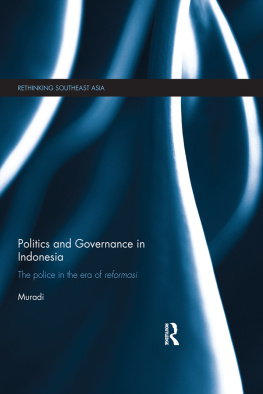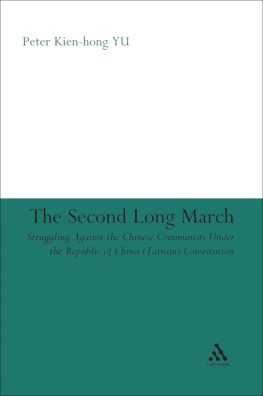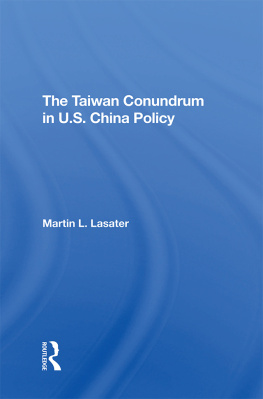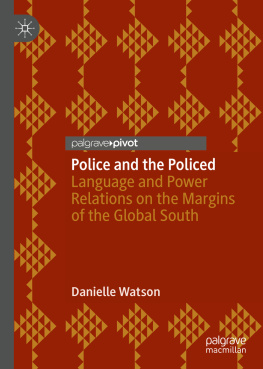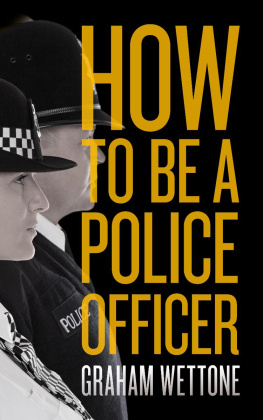Acknowledgments
I spent eight wonderful years living in Taiwan. I met some of my best friends there, along with many cherished colleagues and teachers. I have been the grateful recipient of hospitality from hundreds of Taiwanese people. This book is based on things I learned from them. However, out of an abundance of caution, I will not mention anyone in Taiwan by name here for fear that the sensitivity of the topics I discuss might somehow bring negative repercussions. It is also appropriate to state that all names in the text (except, of course, those of public figures) are pseudonyms, and I have fictionalized all descriptions of illegal activity, preserving only enough empirical truth to substantiate my theoretical argument.
There are a number of people whom I can safely thank by name. This begins with my father, Michael Martin. I would also like to thank David Leung and Nicolas Spaltenstein, two people who taught me how to take learning seriously and changed my life for the better. I would like to thank Anya Bernstein for a detailed reading of the manuscript, which significantly improved the final draft. Generous mentoring, assistance, friendship, and collegiality have been gratefully received from Nancy Ablemann, Mike Adorjan, Borge Bakken, Jeff Bennett, Kirk Black, Avron Boretz, Kevin Caffrey, Jessica Cattelino, Kai-Wing Chow, Lily Chumley, Jerome Cohen, Jean Comaroff, Jenny Davis, Jane Desmond, Virginia Dominguez, Prasenjit Duara, Brenda Farnell, Judith Farquhar, Chris Fennell, Paul Festa, Katja Franko, Douglas Howland, Fu Hualing, Will Garriott, Maria Gillombardo, Alma Gottleib, Jessica Greenberg, Shane Greene, Eric Haanstad, Faye Harrison, David Hopkins, Julia Hornberger, Cris Hughes, Bea Jauregui, Brian Jefferson, Kevin Karpiak, Craig Koslofsky, Karen Joe Laidler, Erika Robb Larsen, Paul Liffman, Peter Manning, Alexander Mayer, Ellen Moodie, Andy Orta, Elizabeth Oyler, Jerome Packard, Gian-Piero Persiani, David Peterson, Gilberto Rosas, Jacqueline Ross, Brian Ruppert, Misumi Sadler, Mike Schlosser, David Schrag, Shao Dan, Chilin Shih, Michael Silverstein, Georgina Sinclair, Eric Lee Skjon, Krystal Smalls, Colin Smith, Meg Stalcup, Michelle Stewart, Ling-yun Tang, Bob Tierney, Rod Wilson, and Jane K. Winn.
Research funding was received from the Center for Advanced Studies, University of Illinois; the Funding Initiative for Multiracial Democracy, University of Illinois; the US Department of Education, FulbrightHays Research Fellowship; the Chiang Ching-Kuo Foundation for International Scholarly Exchange; the Taiwan Foundation for Democracy; the University Grants Committee of Hong Kong; and the University of Chicagos Center for East Asian Studies.
INTRODUCTION
What are police for? The question can be addressed in different ways. Individuals might describe their personal experience with police, and reflect on what those police did to them or for them. The chief of a local police department, by contrast, would tend to speak in terms of the rationale he or she provides for the political patrons who fund the departments operations. The content of the chiefs account would minimize qualities of personal experience and valorize statistical indicators of the sort that matter to administrative bureaucracies. Finally, in counterpoint to both the personal and the professional account, a social theorist might try to develop a critical perspective that could illuminate what the institution in the abstract does for society in general. This book, an anthropological study of a police department, combines elements from all three types of narrativeethnographic, institutional, and theoretical. My participant-observation in a Taiwanese police station brings the data of personal experience to bear on my sociological study of the institutional history of policing in Taiwan. And, on the basis of these two bodies of evidence, I propose a general theory of the way Taiwanese policing has been structured by certain cultural values.
One of the more enduring general theories of what police are for is Egon Bittners essay The Functions of the Police in Modern Society ([1970] 1990a). Bittner proposed to explain the function of the police [by reference to] what their existence makes available in society that, all things being equal, would not be otherwise available (23334). This produced a much-quoted definition of police as a mechanism for the distribution of situationally justified force (123), which Bittner took as a basis to advocate for the development of a professional ideal of police as experts in necessary violence. Using force is to the policing profession what curing illness is to the medical profession (127). This idea remains influential to the present day, baked into the foundation of the so-called medical model of police professionalism (Thacher 2001).
Actually existing police institutions remain notorious sources of inexpert, unprofessional, and unnecessary violence. Clearly, Bittners hoped-for model of police reform has not succeeded. Nonetheless, the fact that an ideal is unrealized is not, in and of itself, an argument against the ideal. Indeed, it is the nature of hope to stand willfully against reality. It is perfectly logical to condemn the woeful state of actually existing police institutions while still believing that, because violence is a constituent element of human worlds, the best we can hope for is to be governed by powers that will try to take responsibility for doing violence right. Indeed, that was precisely Bittners argument. And his unrealized medical model remains a canonical expression of the basic aspiration driving liberal police reform.
The theoretical content of this book is a critique of Bittners ideal of policing. Unlike most recent critical literature on policing, however, this book does not criticize Bittners vision by pointing out its empirical failures. Rather, it holds up an alternative vision of success, arguing that it is possible to imagine police as something other than a violent supplement to the rule of law. I develop this argument empirically, on the basis of an ethnographic and historical study of policing in a context where many of the liberal presumptions on which Bittners theory was founded do not hold. That context is Taiwan.
Taiwanese police have an illiberal history. The institution took shape through a century of service to colonial and dictatorial regimes and was only recently reconditioned as an element of democratic order. This reconditioning did not change the basic architecture of the bureaucracy, which continued to use a registry system to organize neighborhood policing as a project defined by the surveillance of the general population. My ethnography shows how the persistence of this illiberal institution kept policing political, preventing it from redefining its mandate as apolitical law enforcement. I describe the practical mode of policing that emerged from this as an enterprise of political curation or administrative repair, and argue that its illiberal qualities are vital to the way police maintain Taiwans democratic order with relatively low levels of violence. Comparing this situation to mainstream theories of a policing studies literature shaped by Bittnerian sensibilities shows the degree to which the fetish of violence at the heart of the medical model is generated by liberal axioms concerning the nature of the human subject, the meaning of law, and the purpose of the modern state. Other axioms, other historical and cultural conditions, create other possible formulations of the best we can hope for from our police.


